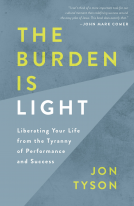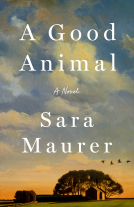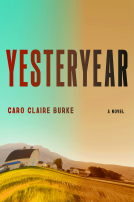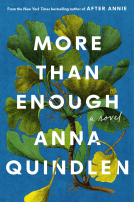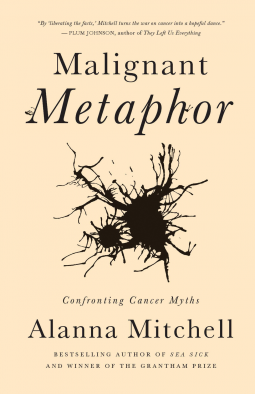
Malignant Metaphor
Confronting Cancer Myths
by Alanna Mitchell
This title was previously available on NetGalley and is now archived.
Send NetGalley books directly to your Kindle or Kindle app
1
To read on a Kindle or Kindle app, please add kindle@netgalley.com as an approved email address to receive files in your Amazon account. Click here for step-by-step instructions.
2
Also find your Kindle email address within your Amazon account, and enter it here.
Pub Date Sep 01 2015 | Archive Date Oct 31 2015
Description
Why does cancer have such a deadly hold over our collective imagination? Why do we fear it above all else, even bankruptcy, crime, and sudden death? And why is our dread intensifying, despite the fact that many types of cancer are less common than ever, more curable, and far better understood?
Because cancer has become our malignant metaphor, a billboard for our secret sins. We haven’t been eating the right food; we have failed to exercise enough; we have buried too much destructive emotion — in short, we have brought the disease upon ourselves. Somehow, we have allowed cancer to represent an irreconcilable trifecta of blame and anxiety: it is inevitable, yet preventable and deserved.
But it is time to rewrite the metaphor.
When her beloved brother-in-law is diagnosed with the disease, award-winning science writer Alanna Mitchell throws herself into the latest research and clinical literature, breaking it down into a clear, understandable description of what doctors and scientists know of cancer and its treatments. Clear-eyed and compassionate, Mitchell opens the door to new ways of looking at our most-feared illness.
A Note From the Publisher
Available Editions
| EDITION | Hardcover |
| ISBN | 9781770412682 |
| PRICE | CA$27.95 (CAD) |
Links
Average rating from 2 members
Featured Reviews
A Canadian science journalist counters three misleading adjectives often applied to cancer: inevitable, preventable, and deserved. Like Susan Sontag does in AIDS and Its Metaphors, Mitchell examines the metaphorical trappings of cancer and tries to get back to the facts: in most cases we don’t know what causes cancer, and whether you get it is a simple question of luck.
She personalizes her quest for knowledge through two family experiences. First her brother-in-law, having already survived prostate cancer, was diagnosed with untreatable stage III melanoma. He was a take-charge patient and immediately turned to alternative therapies like injection of pure vitamin C (very promising, it seems) and mistletoe extract. Later Mitchell’s daughter had a thyroid cancer scare. In both cases, though, things turned out better than expected – proof that cancer is not the death sentence it often appears to be.
This is a short, readable layman’s summary of some current thinking about cancer. I recommend reading it in tandem with, or as a follow-up to, one of the books below.
Related reading:
• The Emperor of All Maladies by Siddhartha Mukherjee
• The Cancer Chronicles by George Johnson
• On Immunity: An Inoculation by Eula Biss

